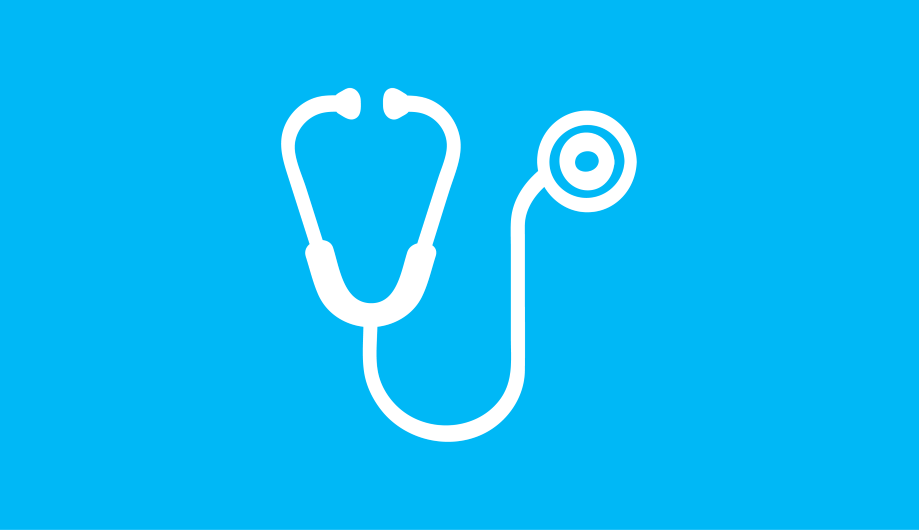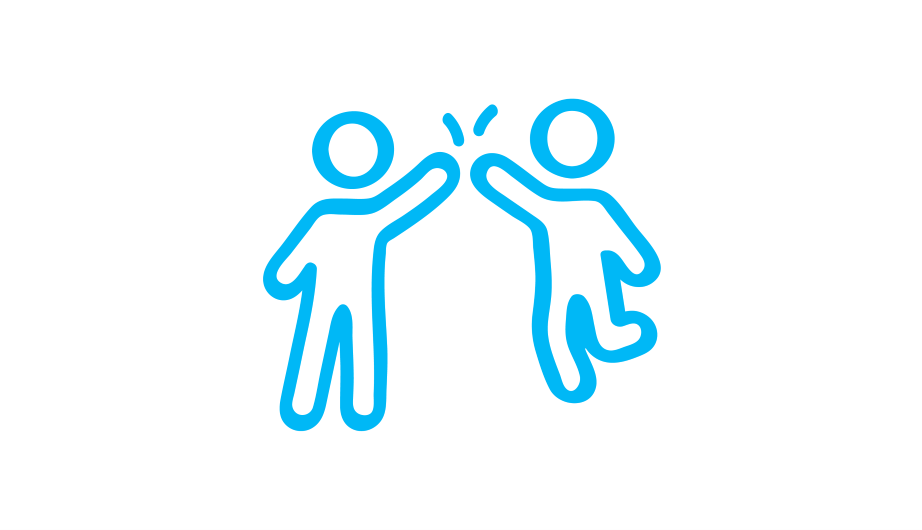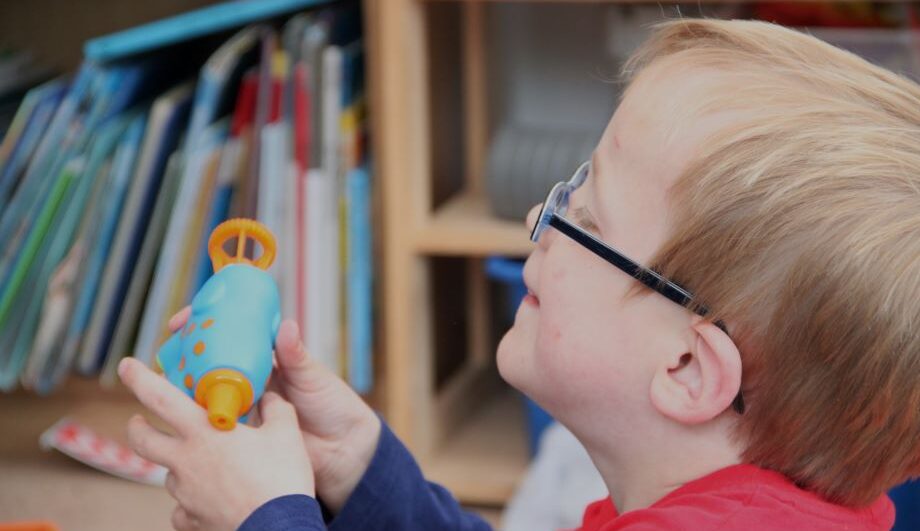
Health and challenging behaviour
Children and adults with learning disabilities are more likely to have health problems than the general population. Watch the video, consult our quick read guide, or download the full information sheet.

Children and adults with learning disabilities are at least as likely to have a mental health problem as the general population. Quick read guide with a complete information sheet available to download.
Download the info sheet: Mental health problems in people with a learning disability
For children and adults with learning disabilities, problems with mental health often go undetected as the symptoms can be mixed up with the child or adult’s learning disabilities or challenging behaviour.
Many factors increase the chance of a person developing a mental health problem. These include: having no family and friends, living in poverty, low self-esteem, not having a job, having little control over ones’ life, not having anything to do and poor coping skills.
People with learning disabilities are more likely to experience all the above.
Download the info sheet: Mental health problems in people with a learning disability

Children and adults with learning disabilities are more likely to have health problems than the general population. Watch the video, consult our quick read guide, or download the full information sheet.

Our quick read summary and downloadable information sheet provide an introduction to why children and adults with learning disabilities may display challenging behaviour, and what you can do about it.

There is a long history of excessive and inappropriate use of major tranquillising medication for “treating” challenging behaviour. Medication should not be used in this way. Quick read guide with a complete information sheet available to download.